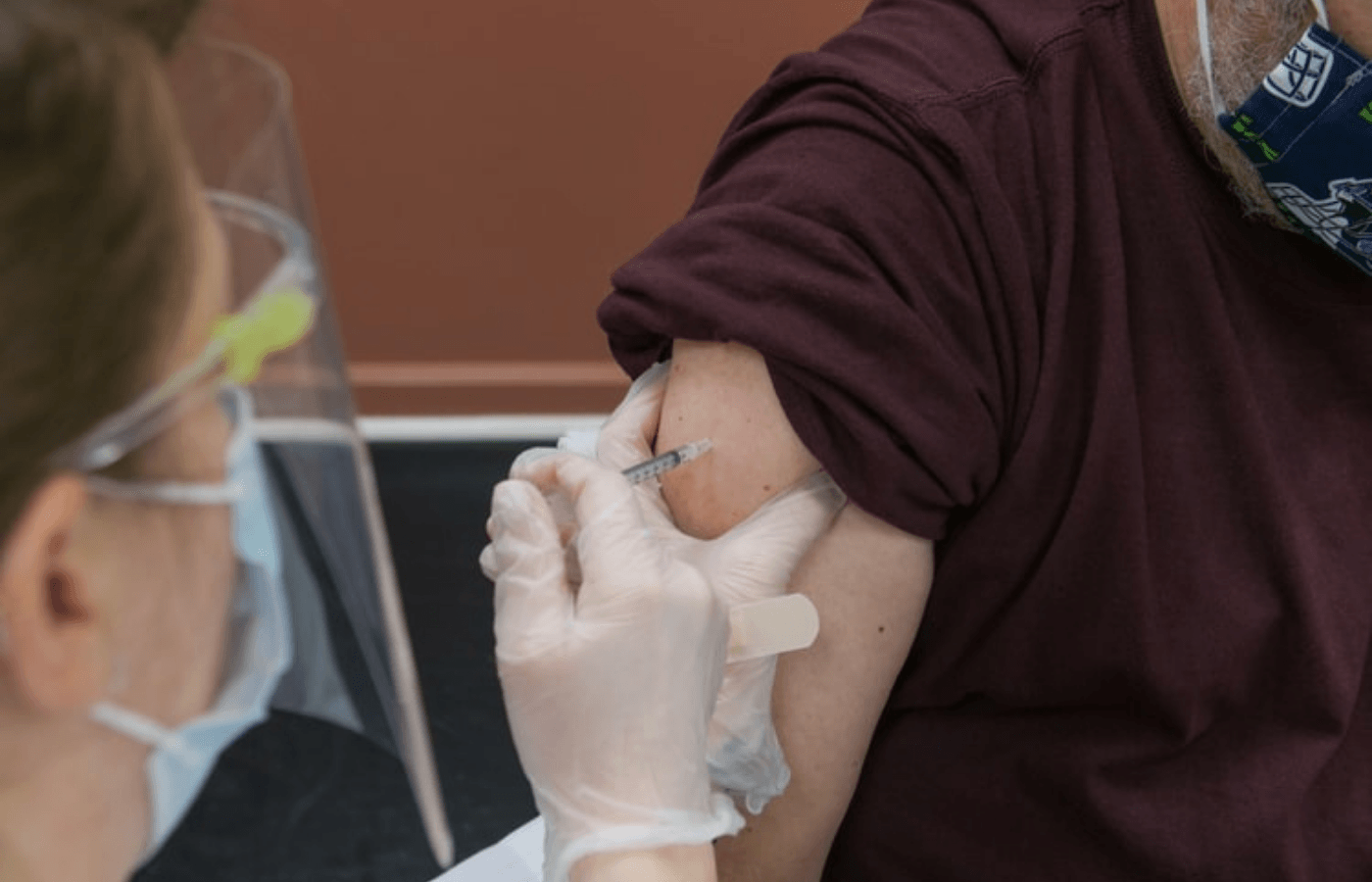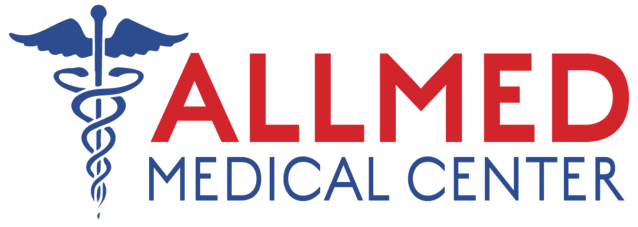
We Proudly Accept Medi-Cal and Medicare
Write your caption hereButton
Now Accepting Walk-ins!
Write your caption here

We Proudly Accept Medi-Cal and Medicare
Write your caption hereButton
Now Accepting Walk-ins!
Write your caption here

Article by: Dakota Elliott, Health and Wellness Writer
Over 10.2 million people in California have received at least one dose of the COVID-19 vaccine, while around five million of the American population is already fully vaccinated. When the state achieves its milestone – four million administered doses dedicated to its most disadvantaged communities – restrictions will likely be loosened to fast-track economic recovery.
However, that goal may be difficult to reach while
vaccine hesitancy remains a hurdle. In the U.S., 10.8% of adults 18 years and older are hesitant about receiving a COVID-19 vaccine; common concerns include fear of potential side effects and distrust of vaccine efficacy. To combat vaccine hesitancy, healthcare professionals have pushed to ensure vaccine safety at every step of the journey.
Medical Researchers: Developing and Testing Vaccines
Scientists and medical experts from around the world usually gather 10 to 15 years of research before making a vaccine available for commercial use. On the other hand, experts at the front lines of the current crisis don't have the luxury of time. Global cooperation through data sharing and research funding allowed medical researchers around the world to work together quickly.
Thanks to advancements in genetic sequencing, identifying an effective COVID-19 vaccine was accelerated. After the test vaccine was cleared for investigation with the U.S. Food and Drug Administration, it underwent three more phases of clinical trials. These were conducted on volunteers to test vaccine efficacy, determine appropriate dosages, and monitor adverse side effects. Once the vaccine was approved, global organizations began to track, collect, and analyze data on vaccine reaction to ensure safety for the general population.
Primary Care Physicians: Prioritizing Patients for Vaccine Distribution
Through a coordinated effort, primary care physicians prioritized vaccines while working with patients on a granular level. Because every person has unique health risks and needs, their primary care physicians are in the best position to determine which patients should receive the vaccine first.
Primary care physicians are also key to reaching different groups of people. They can offer vaccinations as part of the routine care they deliver and serve as trusted authorities for patients with vaccine hesitancy. Unsurprisingly, most people are more likely to trust their physician to administer the COVID-19 vaccine in the doctor’s office, rather than anywhere else.
Nurses: Communicating Vaccine Safety to Patients
Nurses have daily, direct interaction with patients, so they are often the main point of contact for healthcare. This is likely the reason why nursing is considered to be America’s most trusted profession. Within the COVID-19 context, nurses are responsible for many tasks, including the safe handling and storage of the vaccines and physically administering vaccinations.
Nurses can take it a step further by covering vaccine education and policy development through different modes of education, including remote arrangements. Schools now offer online RN to BSN degrees that help equip graduates with communication and informatics skills to field vaccine queries. These programs also give nurses a background on genetics, making them excellent thought leaders against vaccine hesitancy. These advance-practice nurses can even assist vaccinated individuals to educate their peers.
One study found that highlighting the personal benefits of getting vaccinated is more effective than talking about collective advantages. This means that alongside nurses on the front lines, even ordinary individuals can help change the minds of vaccine-hesitant people by pointing out how any COVID-19 vaccine can minimize their chances of falling seriously ill or struggling with long-term COVID-related health problems. Another way to reassure doubters about the vaccine is to talk about anecdotes or experiences about how the vaccine has helped save people’s lives.
Although global herd immunity may feel like a far-off goal, it can be accomplished if everyone heeds the advice of healthcare professionals and gets vaccinated.
AllMed Medical CentersServing
Greater Sacramento
Allmed Medical Center | All Rights Reserved.










